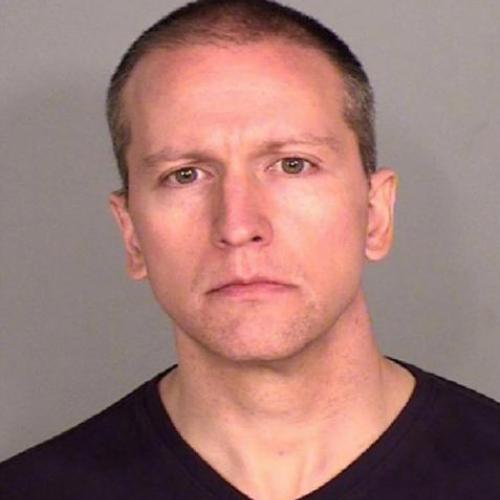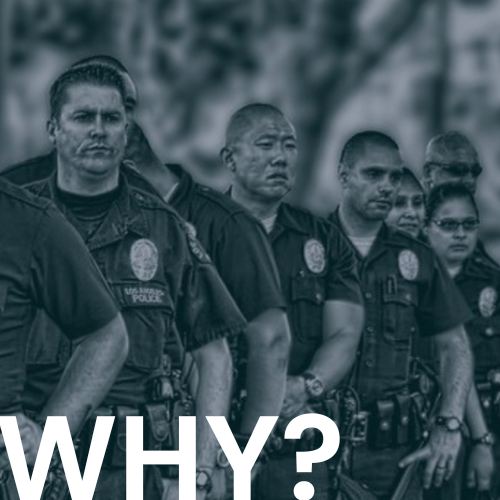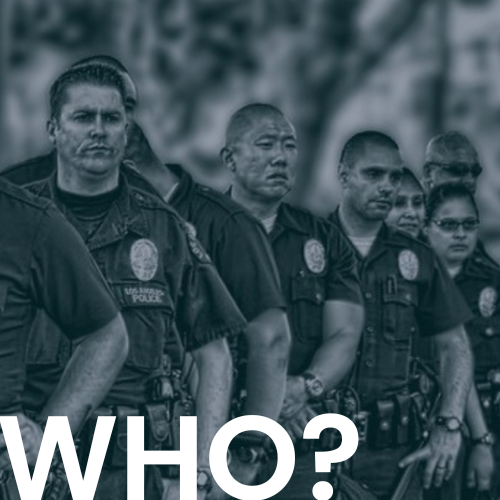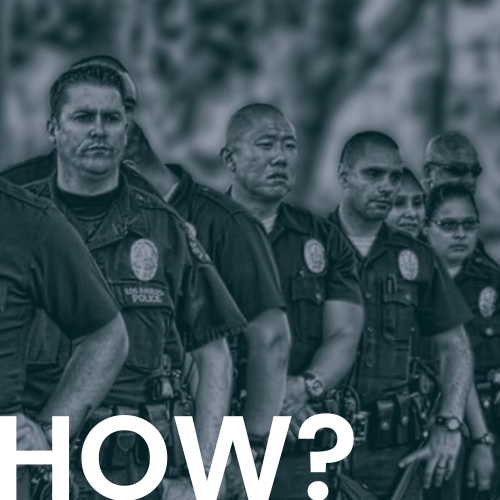The criminal justice system, while designed to ensure fairness and accuracy, is not infallible. Wrongful convictions have plagued the United States, leading to the immense suffering of innocent individuals and the erosion of public trust. However, in recent years, conviction review units (CRUs) and conviction integrity units (CIUs) have emerged within prosecutors' offices, seeking to identify and rectify miscarriages of justice. Through the use of mass exonerations, these units have become a powerful tool for the courts to correct past mistakes and restore faith in the legal system.
Understanding the Role of CRUs and CIUs
Conviction review units and conviction integrity units are specialized teams within prosecutors' offices that examine cases with credible claims of innocence or misconduct. They operate independently from the original prosecution team, ensuring impartiality in their investigations. Their primary goal is to uncover any errors, new evidence, or procedural misconduct that may have led to wrongful convictions.
Incorporating Advanced Technologies
Advancements in forensic science and DNA analysis have revolutionized the fight against wrongful convictions. These technological breakthroughs have enabled CRUs and CIUs to revisit cold cases and examine previously untestable evidence, such as DNA samples from crime scenes. As a result, a growing number of innocent individuals have been exonerated, often after spending years or even decades behind bars.
The Power of Mass Exonerations
Mass exonerations involve the simultaneous overturning of multiple wrongful convictions, often linked to a particular cause or issue, such as a flawed forensic technique or a pattern of misconduct by law enforcement. Mass exonerations carry significant weight, drawing public attention to the systemic failures within the criminal justice system and prompting policymakers to take action. Mass exonerations can reach into the cases of 10,000s of individuals.
Correcting Systemic Flaws
Mass exonerations force the legal system to confront its shortcomings. They shed light on systemic flaws, such as faulty eyewitness identifications, inadequate legal representation, or the use of unreliable forensic evidence. By acknowledging and addressing these issues, courts can work towards implementing meaningful reforms that prevent future wrongful convictions.
Restoring Public Confidence
Wrongful convictions undermine public trust in the judicial system. Mass exonerations demonstrate the courts' commitment to justice, even if it means acknowledging past mistakes. This transparency and accountability are crucial for restoring public confidence in the legal system and ensuring that the innocent are not wrongly imprisoned.
Reevaluating Prosecutorial Practices
The work of CRUs and CIUs often leads to the identification of patterns of misconduct or unethical practices within prosecutors' offices. Mass exonerations stemming from prosecutorial misconduct can prompt a reevaluation of the office's culture and policies, fostering a commitment to ethical behavior and truth-seeking in future cases.
Challenges and Limitations
While mass exonerations serve as a powerful instrument for justice, their implementation is not without challenges:
Resistance from Prosecutors
Some prosecutors may resist the work of CRUs and CIUs, fearing that mass exonerations could tarnish their office's reputation. This resistance can slow down the review process or lead to incomplete investigations.
Resource Constraints
Limited resources and funding can hinder the efficiency and scope of CRUs and CIUs. Adequate funding and staffing are essential to ensure thorough investigations and the swift resolution of cases.
Public Perception
Despite the positive intent of mass exonerations, some members of the public may view them as an indication of a broken system, eroding their faith in the courts further. Educating the public about the importance of such reviews and the pursuit of truth is crucial to overcome this perception.
In conclusion, mass exonerations have emerged as a potent instrument for the courts to overturn wrongful convictions and rectify past injustices. Conviction review units and conviction integrity units have played a crucial role in identifying and correcting errors that have led to wrongful convictions. By embracing the power of mass exonerations, the criminal justice system takes significant strides towards accountability, transparency, and the restoration of public trust. By continuously refining and expanding these units' capabilities, society can hope for a future where wrongful convictions are minimized, and justice is truly served for all.












![Peace Officer Standards & Training [POST] Departments Peace Officer Standards & Training [POST] Departments](/sites/default/files/styles/large/public/2023-07/Brady.png?itok=xsIFvU8R)
![Organizations [Law Enforcement et al.] Organizations [Law Enforcement et al.]](/sites/default/files/styles/large/public/2023-07/Brady%20%282%29.png?itok=H7Pj15F8)

